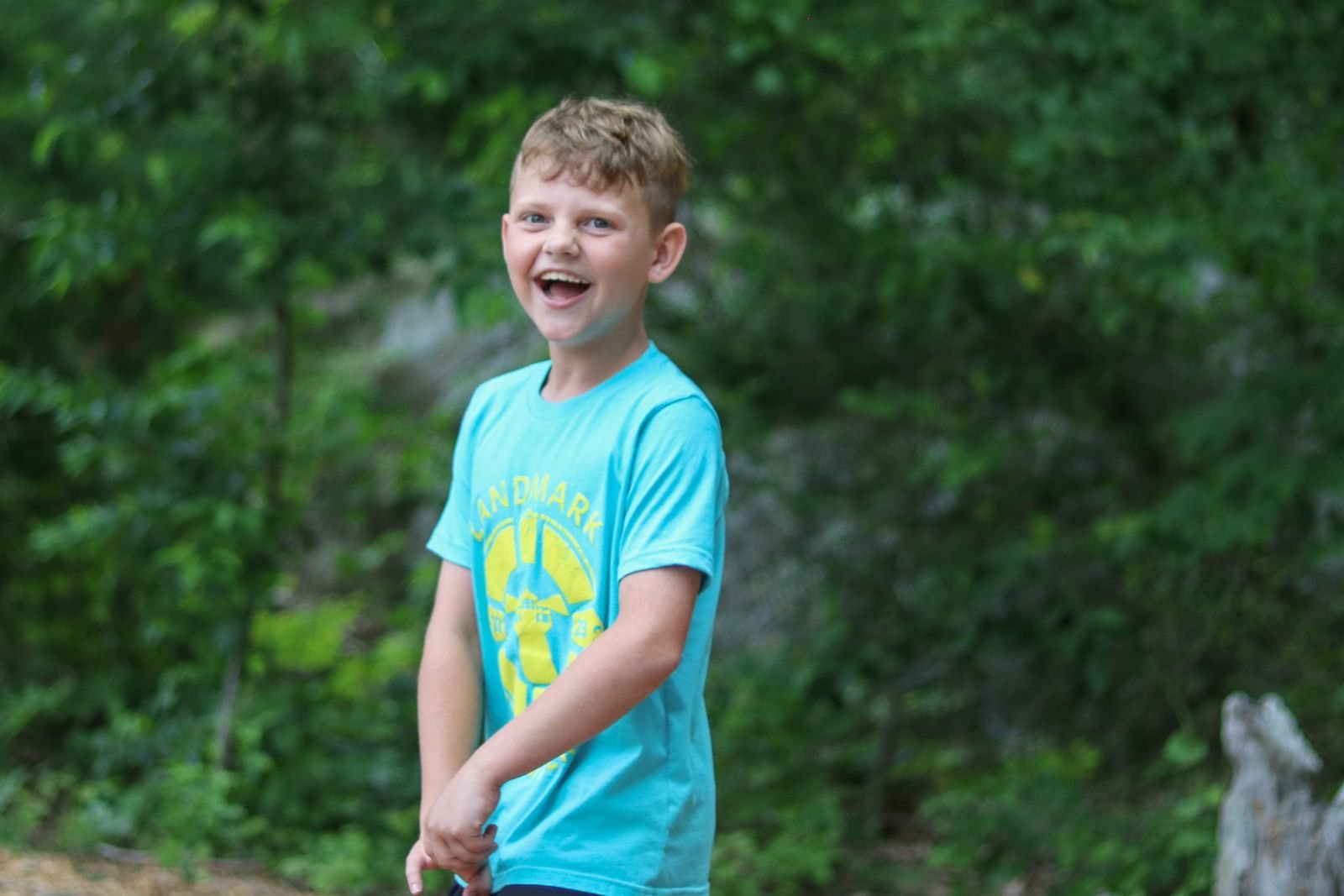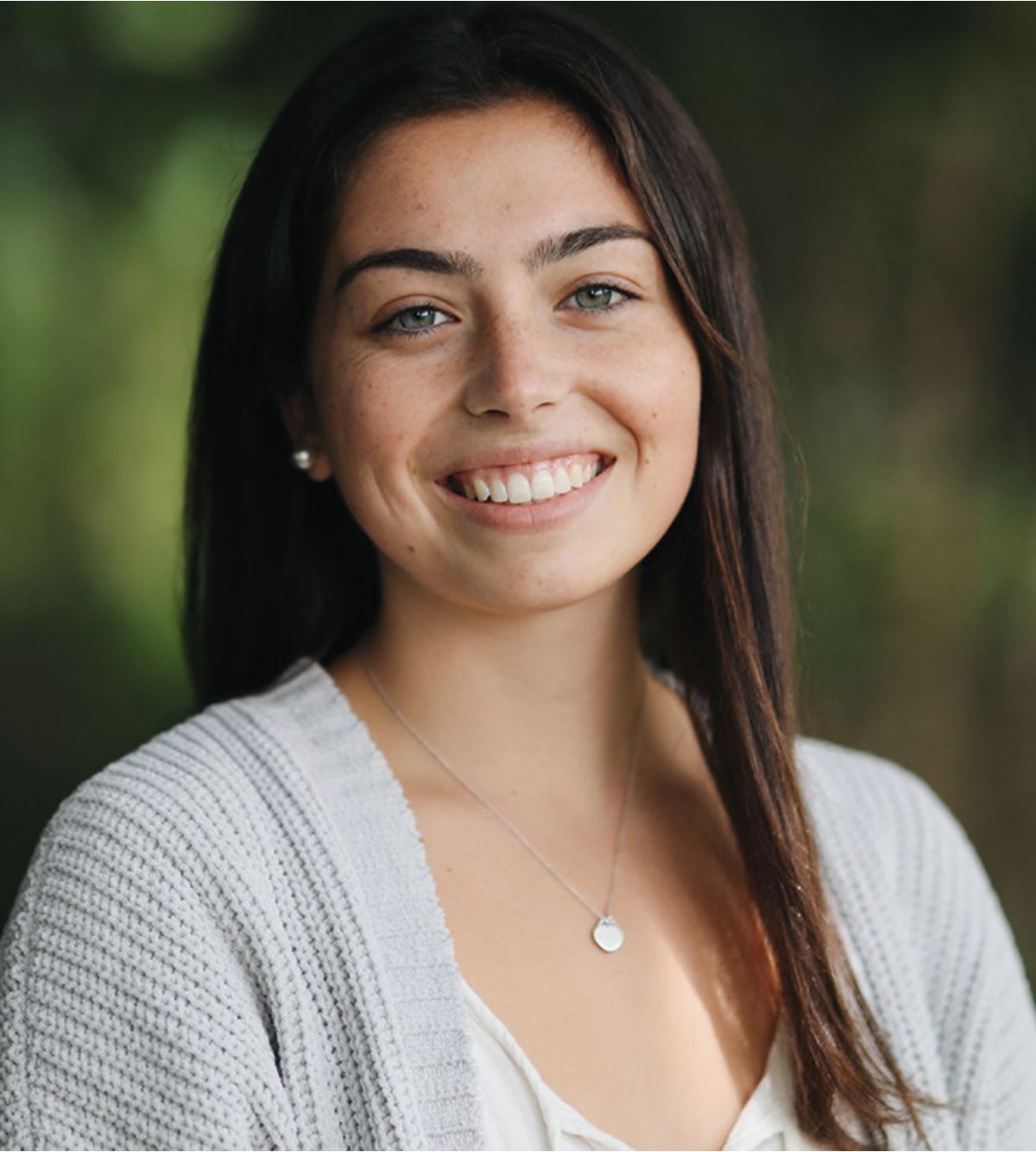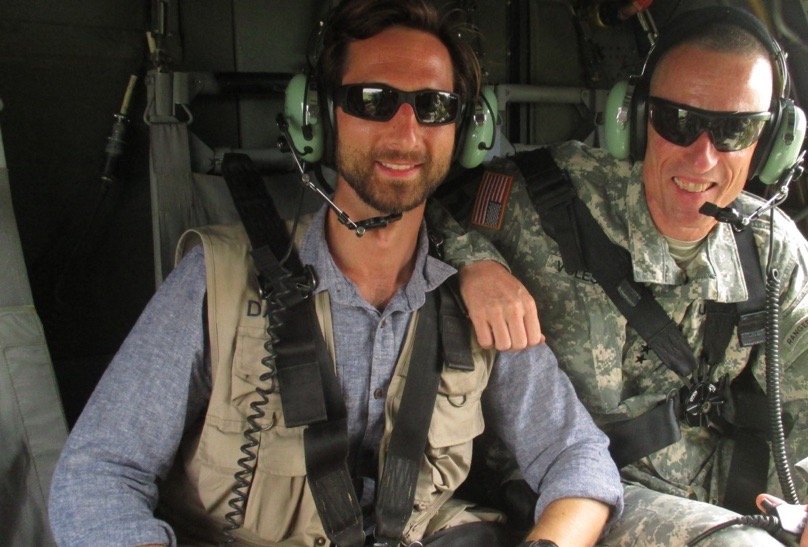- Our School
- Our Advantage
- Admission
- Elementary•Middle School
- High School
- Summer
- Giving
- Parent Resources
- For Educators
- Alumni

Second Chances
By Maida Broudo P’13
On the morning of April 25, just after struggling to eat an omelet, Guido Meade P’24 put on his yellow socks, the socks that were an instant signal to the nursing staff that he “needs assistance when walking.”
AN IMPORTANT WALK DOWN THE HALL
With an IV pole in tow, he made the first of what would be many trips down the superhighway corridor of 6 West at the Lahey Clinic. Though his steps were small and he felt a twinge of pain with each one, he was determined to make it to Robb Genetelli’s room to thank him and see how he was doing. Only three days earlier, Guido’s entire damaged liver was removed by a surgical team and replaced with the entire right lobe of Robb’s liver.
Guido entered the room and was thrilled to deliver the news that he was up and walking and had just finished breakfast. Robb, however, was nauseous and feeling miserable. He could barely talk as he lay in his post-surgical state. You see, Guido now had a working liver to replace a nearly dead one, and Robb had lost more than half of his, as a gift to his longtime friend and colleague from Landmark School.
Within days, however, these two gentlemen were making multiple trips to and from each other’s rooms. They took turns, at the nurse’s urging, walking the stretch to their friend and back. Robb was proud of the fact that he could wear the grey socks, which indicated that he could walk on his own. This proved to be premature smugness however, as he nearly fainted on one of his outings.
FINDING A MATCH
Liver transplant surgery is serious business. It took months of testing to determine not only if Robb could be a tissue match for Guido, but also if the geometry of his blood vessels would actually fit those inside Guido once his liver was removed. There was only a 10% chance that Robb would be a match for Guido, but a 100% chance that Guido would not survive with his ailing liver.
There were scans, in-patient stays, psychological evaluations, and vials upon vials of blood drawn. There was anxiety for both families. When Guido’s liver had given up after a cancer diagnosis and congenital scarring, Robb knew he had to help. “I just kept thinking of their children,” said Robb. Gabriella was 15 and Felim only 9. “They needed their dad.”
Within a few months, both Guido and Robb returned to full health, and as of this interview, six months later, the two of them are laughing and almost finishing each other’s sentences, as though in some strange way, they are one. Robb will say that he is not a great person. He is a person who did a great thing. Guido, who also happens to be legally blind and wears the most adoring smile, says otherwise. “He saved my life.” ΒΟΟΚ−ΟΠΕΝ
Article originally published in The Lantern, Fall/Winter 2019/20.




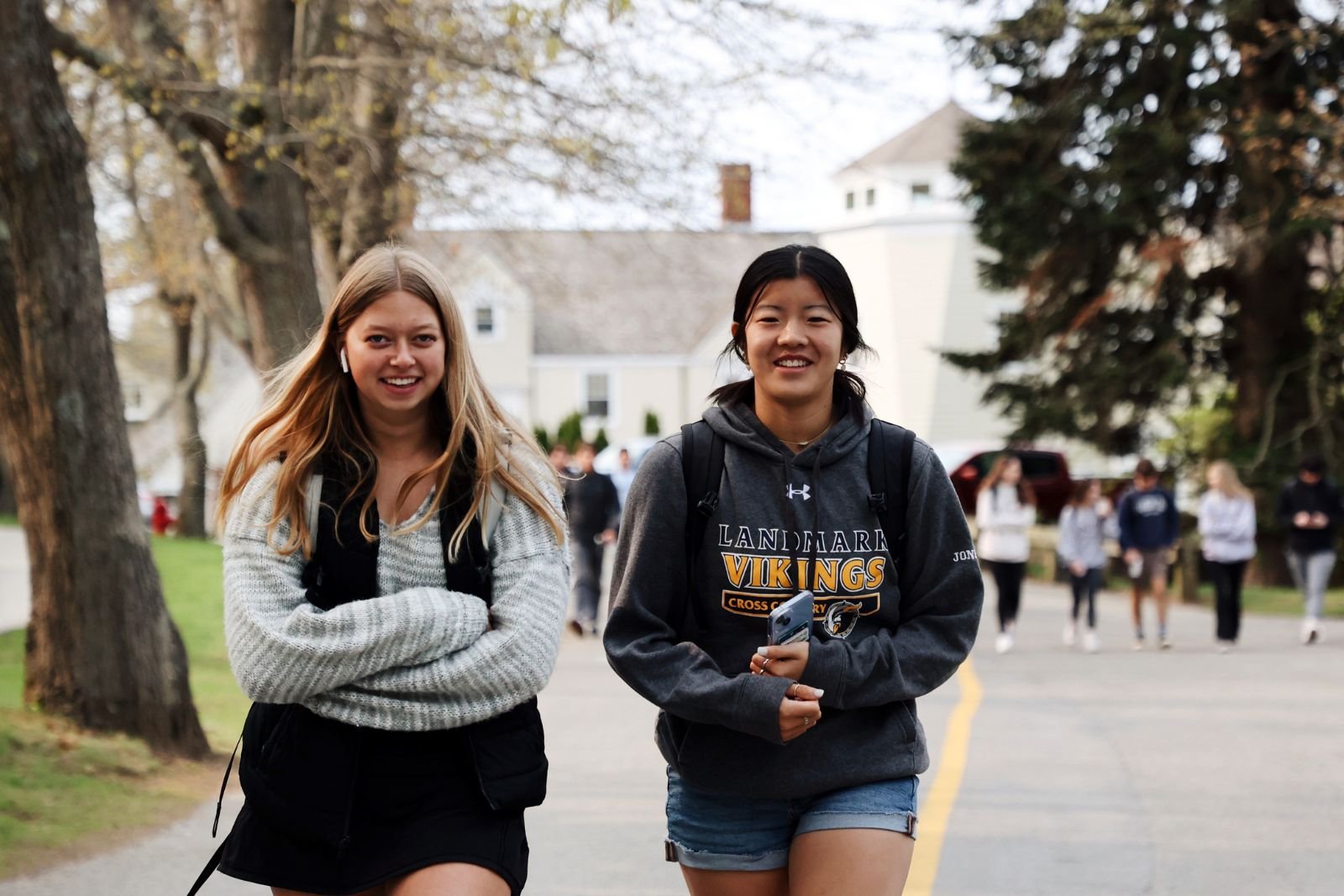
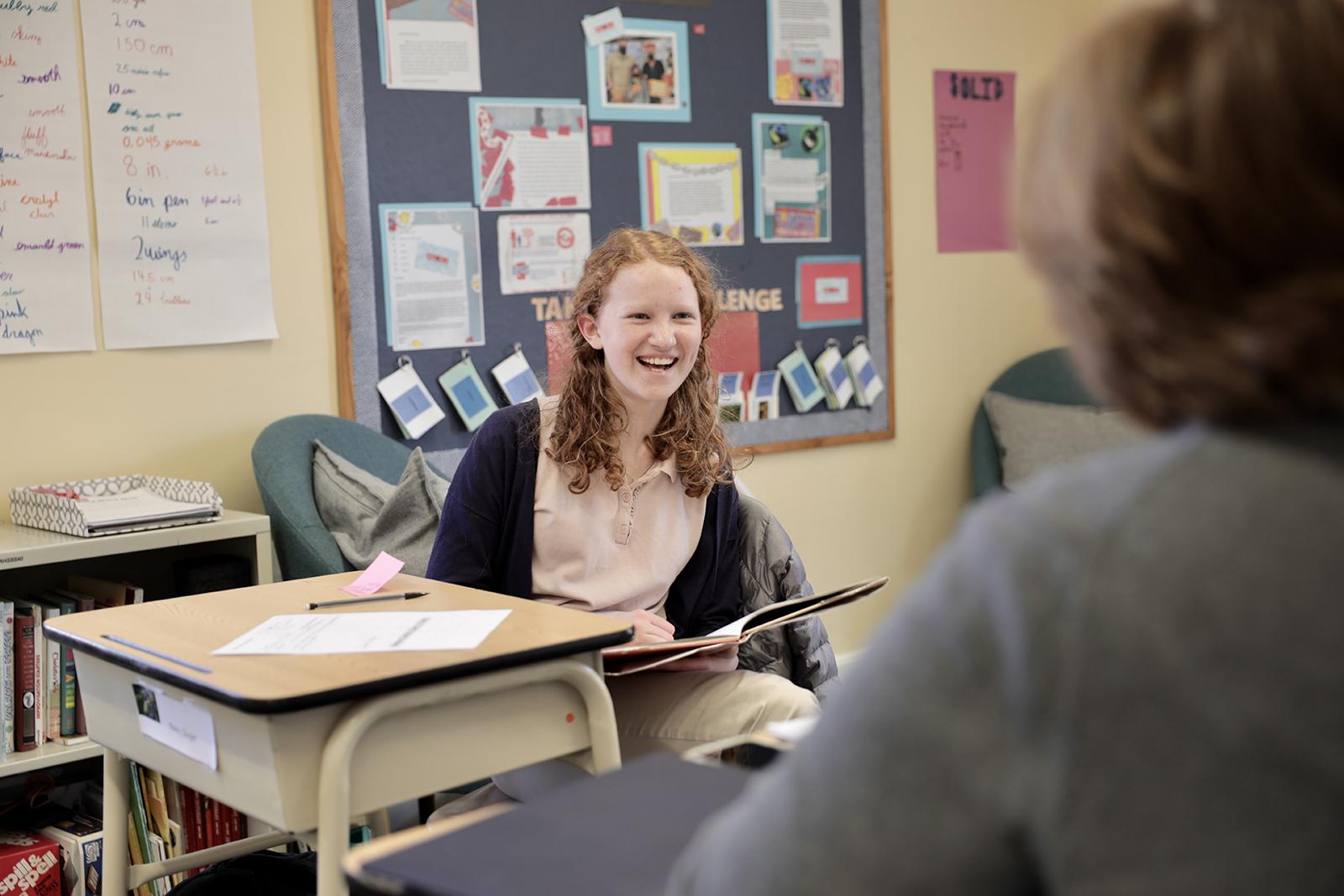
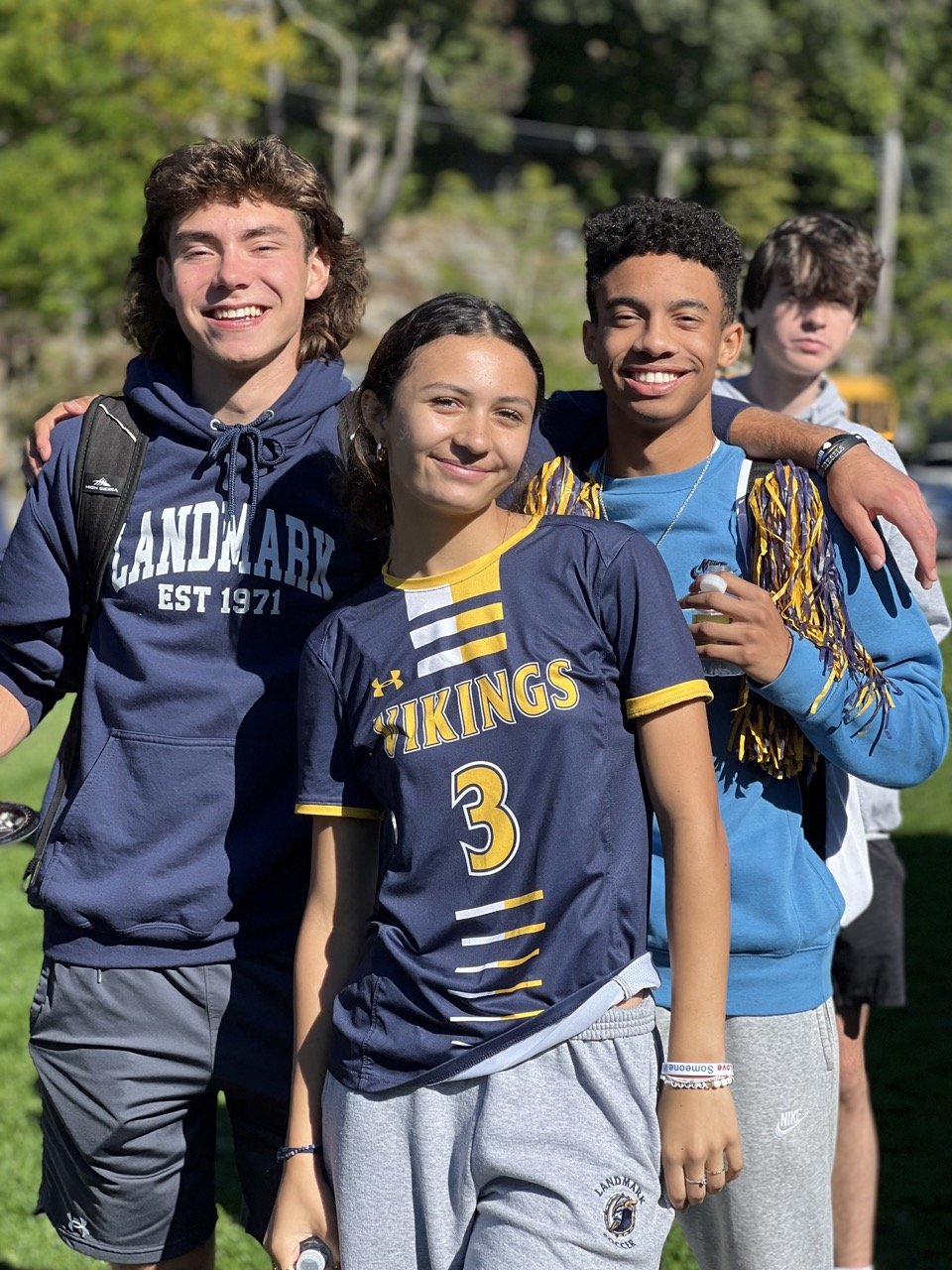
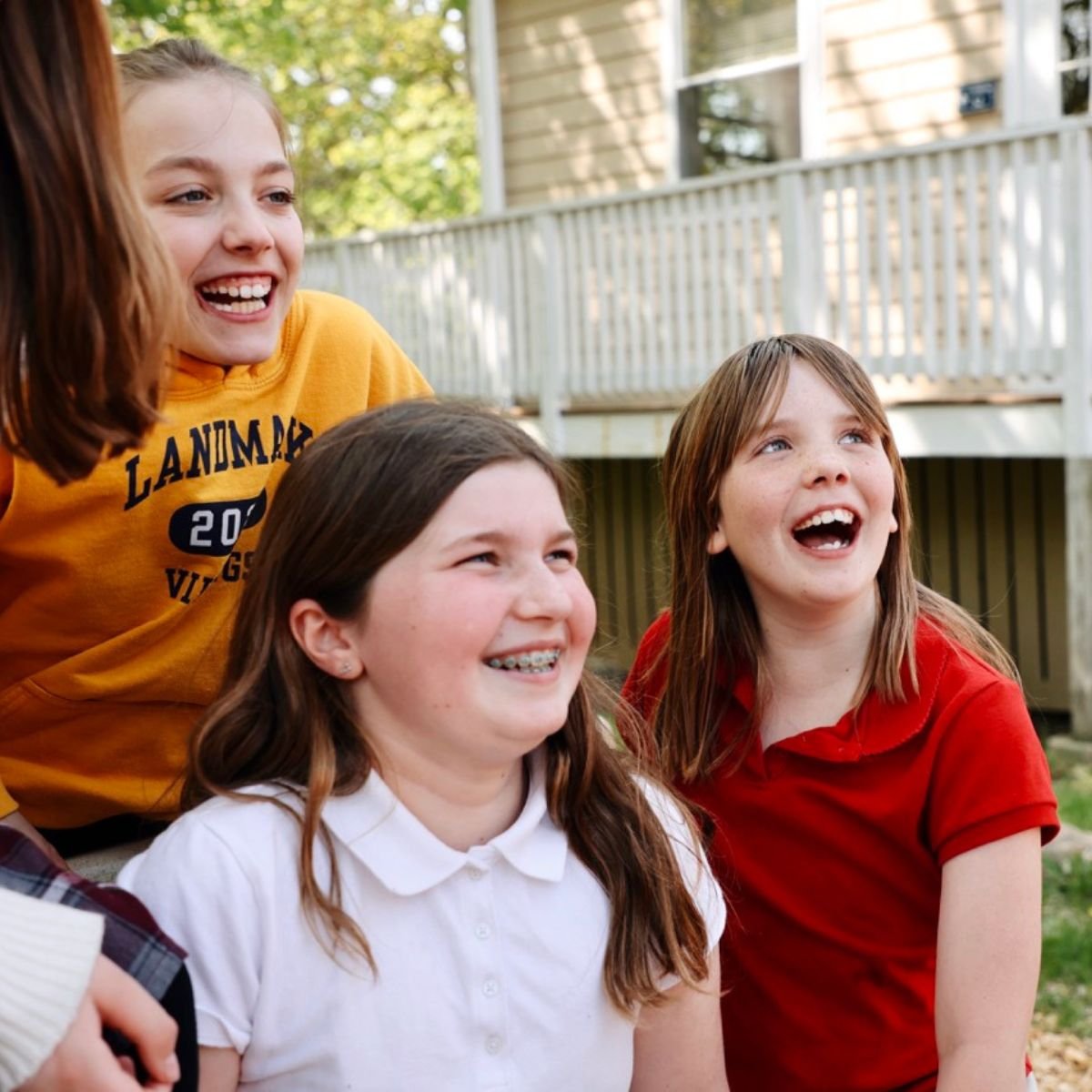
.jpg?v=1652115432307)
